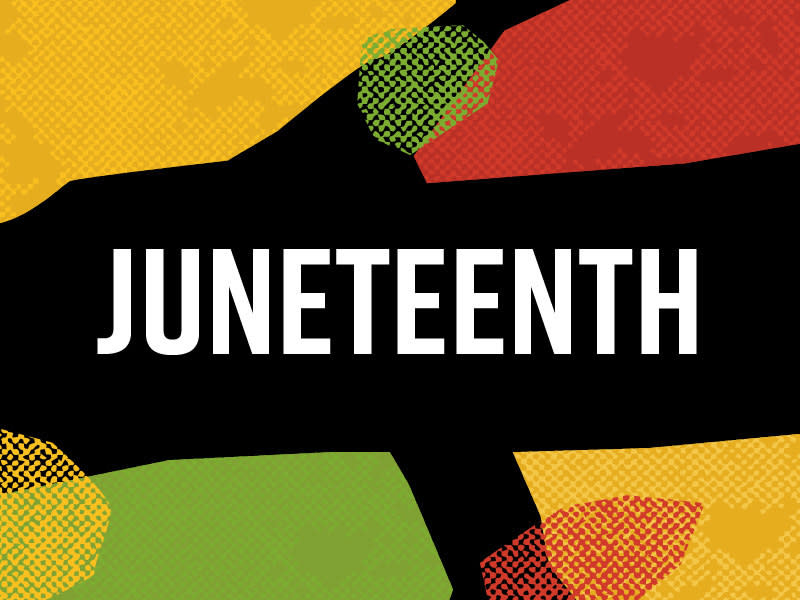The Discussion Of Mental Health In Today's Black Music
Hip-hop is the most culture-reflecting genre of music.
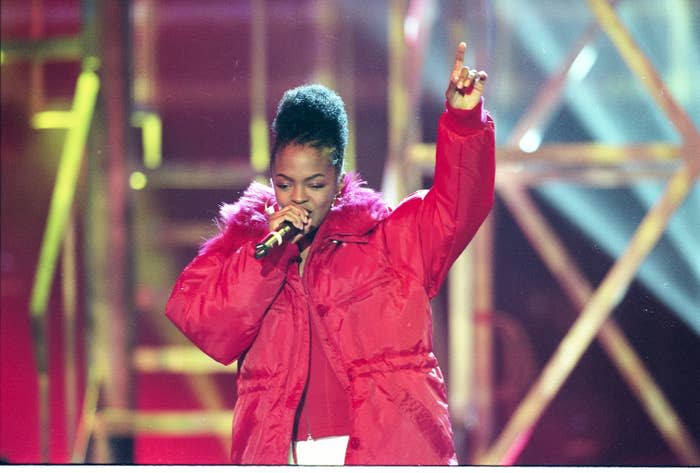
Rap music is debatably the most critiqued avenue of music — why is that? Is it the braggadocios lyrics, the glorifying of materialistic things, the influx of violence, or is that America isn't ready for a real introspective look into parts of Black culture that are results of oppression?
One thing is for certain, rappers will tell the truth even at the expense of their own self. One thing included in this truth is their mental health. Black artists are often given the responsibility of speaking on behalf of the culture; the pressure of overcoming your own battles while being asked to help others is heavy. But it's a battle many artists take head-on.
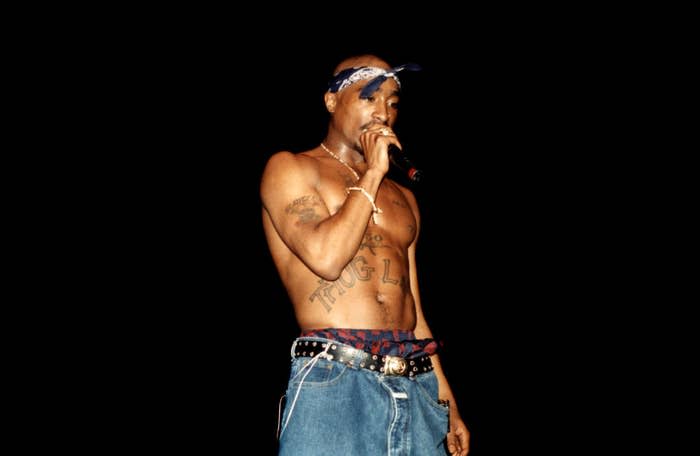
The hurtful side of mental health from Black artists.
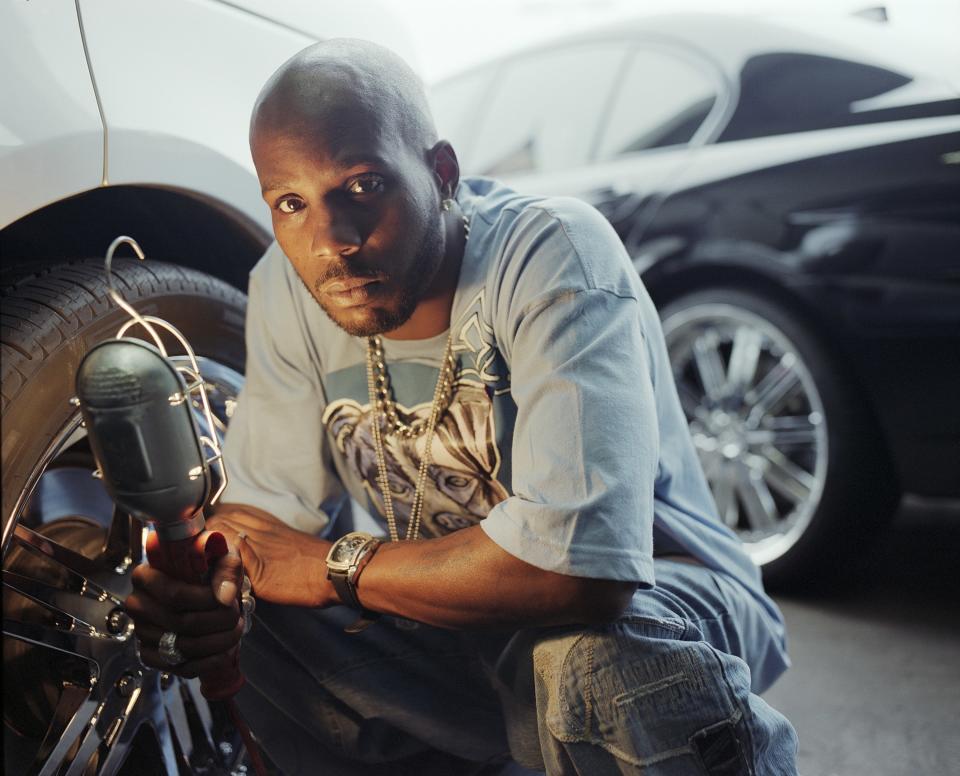
There are good and bad sides to everything, and some artists will give insight into the painful side of their internal battles as a form of therapy and hope for others.
Artists such as Xxxtentacion, Scarface, DMX, and more had no filters in sharing their hurt through their music, discussing trauma, anger, suicidal battles, addictions, and more. Generational and societal oppression is a battle that many fight through, where environment and circumstances directly affect your internal being and worldly perspectives.
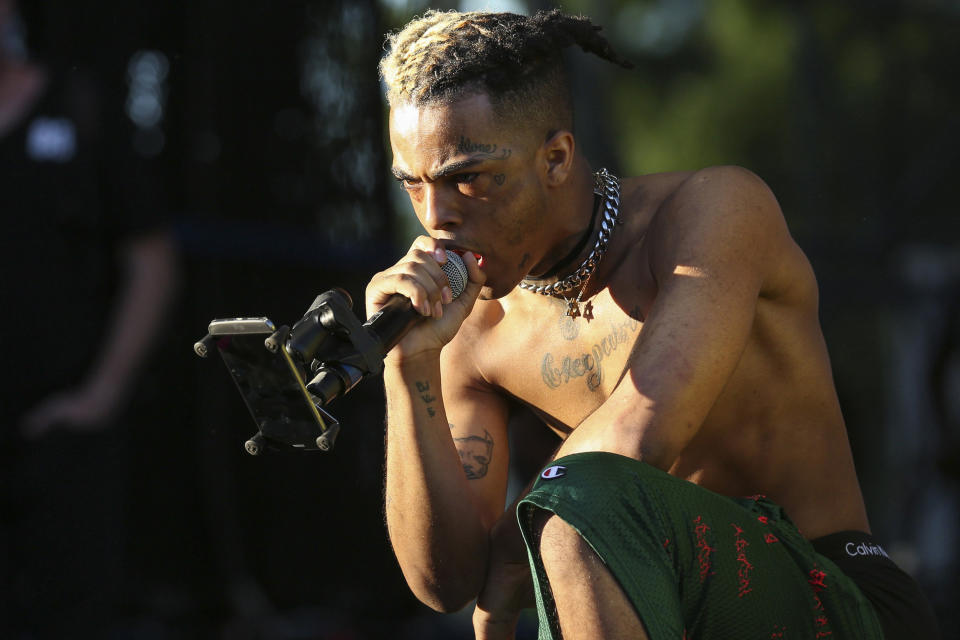
The line between being motivated by your pain, but not allowing those scars to overtake you is a fight that many artists discuss. In hip-hop culture, it's common to run to coping mechanisms such as money, drugs, sex, violence, and more. Therapy had been ostracized and viewed as taboo in our community, further delaying our healing.
The first step in healing is addressing the issue and having the courage to do this in your music is what makes this topic significant. Not only is this therapy for the artists, but also a form of therapy for listeners who now may have a piece of art to resonate with their own struggles. Music can help save lives.
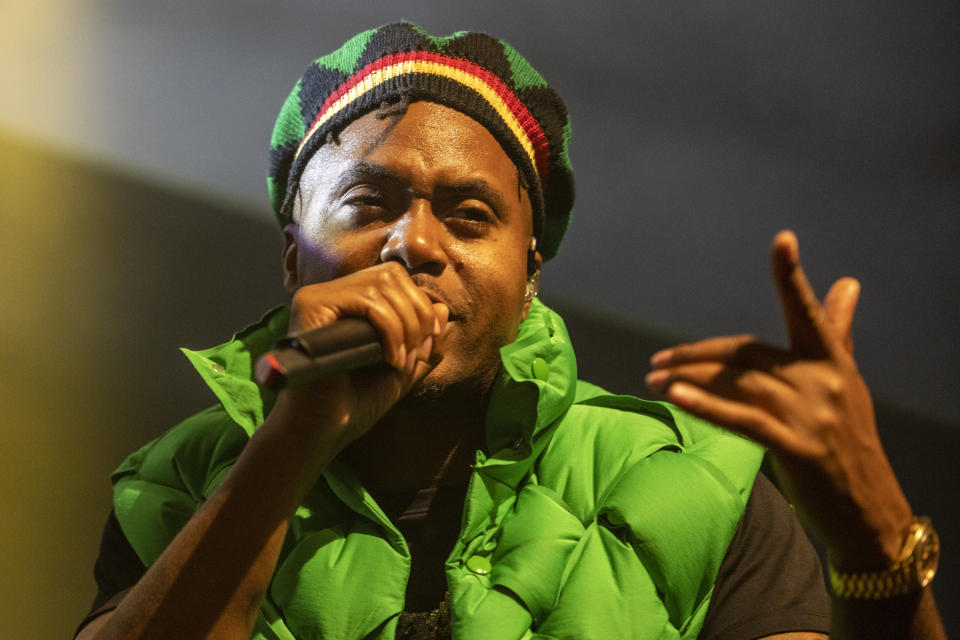
The uplifting spirit and hope.
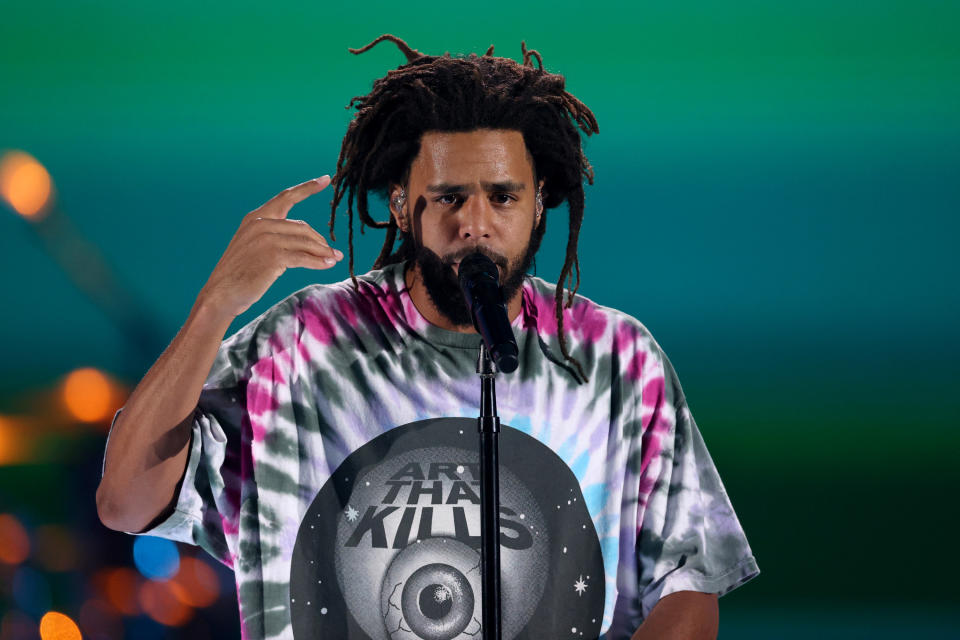
Even if you look back at tribal music, spirituals, and more the common theme is Black music being a soundtrack to hope and victory. Black music is art, expression, therapy, entertainment, social commentary, and more.
"Kendrick made you think about it, but he is not your savior. Cole made you feel empowered, but he is not your savior." —Kendrick Lamar, "Savior"
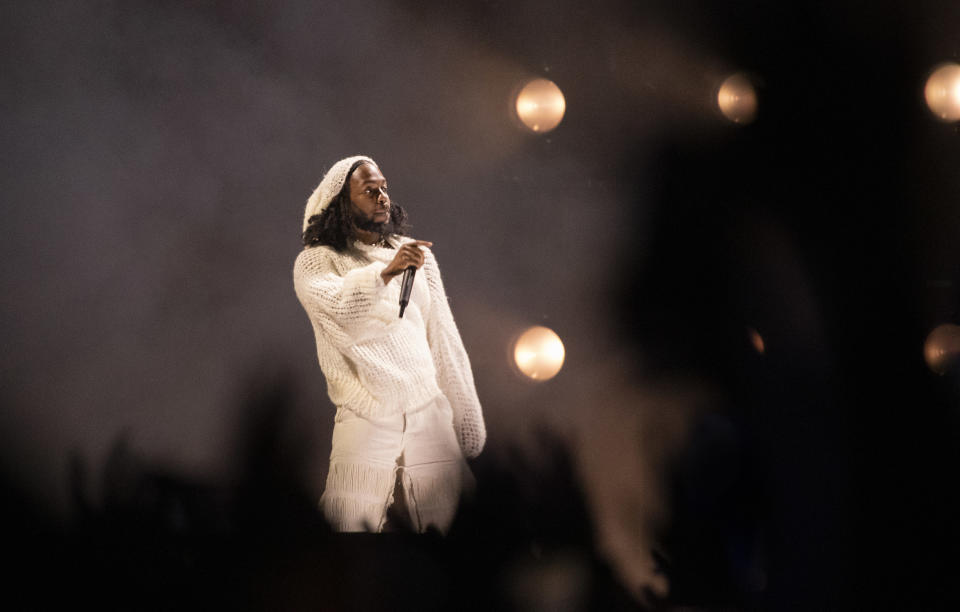
The likes of Kendrick Lamar, J.Cole, KRS-One, Nas, and more have made the majority of their discography based on speaking to your mind, heart, and spirit. This music gets introspective into the internal battles and mindsets amongst the Black community, offering hope and new ways to cope.
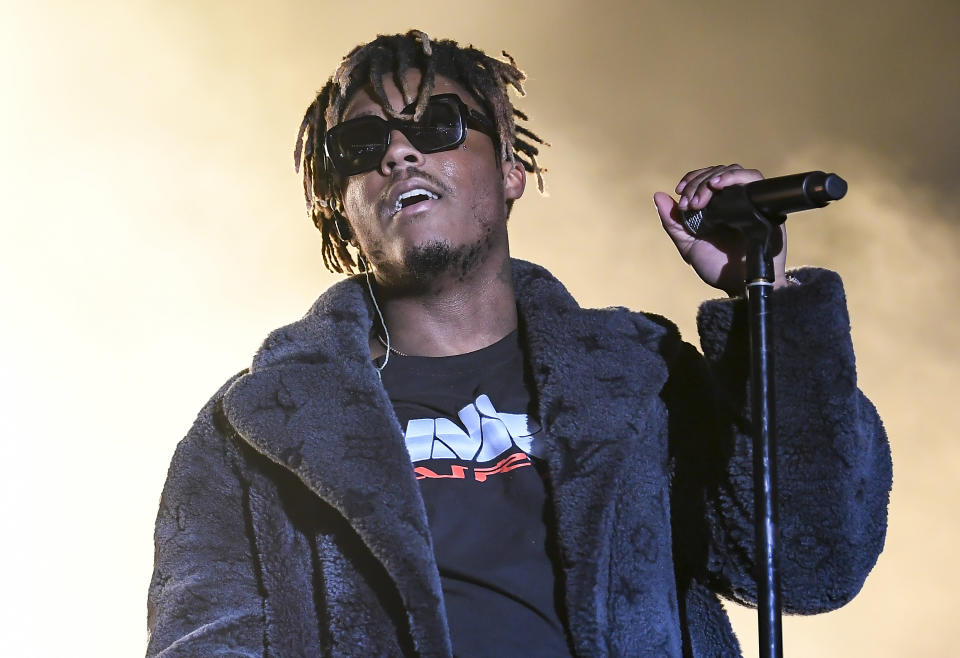
Artists expose their struggles while empowering you to overcome yours. Once again, just hearing your heroes discuss things you may be facing can be a form of therapy and exalt the feelings of loneliness.
Many Black artists openly discuss the benefits of therapy, healing, love, and more. Being that Black music dictates the culture, you can now see the influx of therapy is now widely accepted and encouraged in our community. Conscious rap being extremely successful commercially is evidence of people desiring music that can enlighten and encourage.
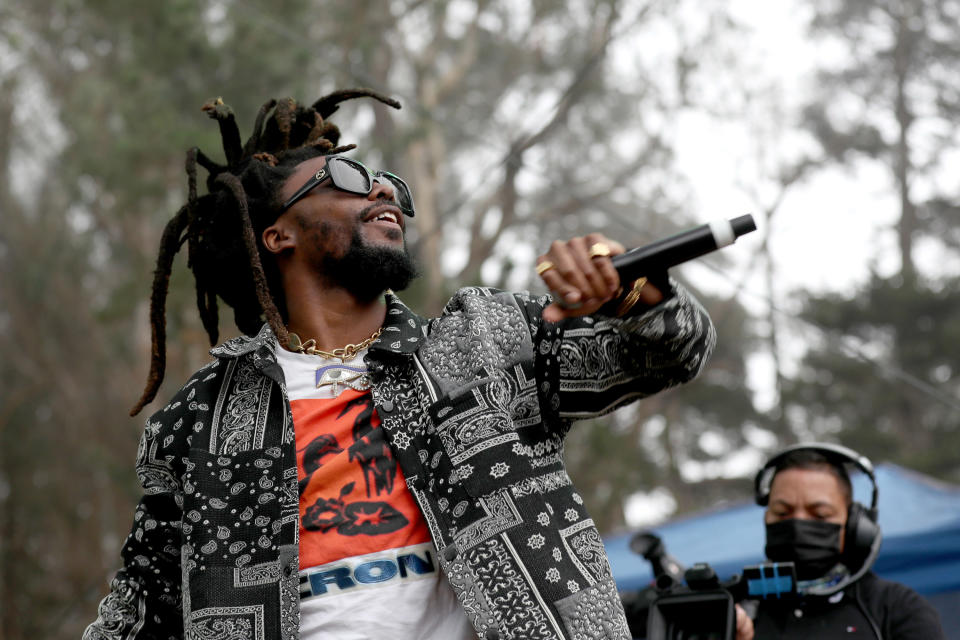
Finding middle ground.
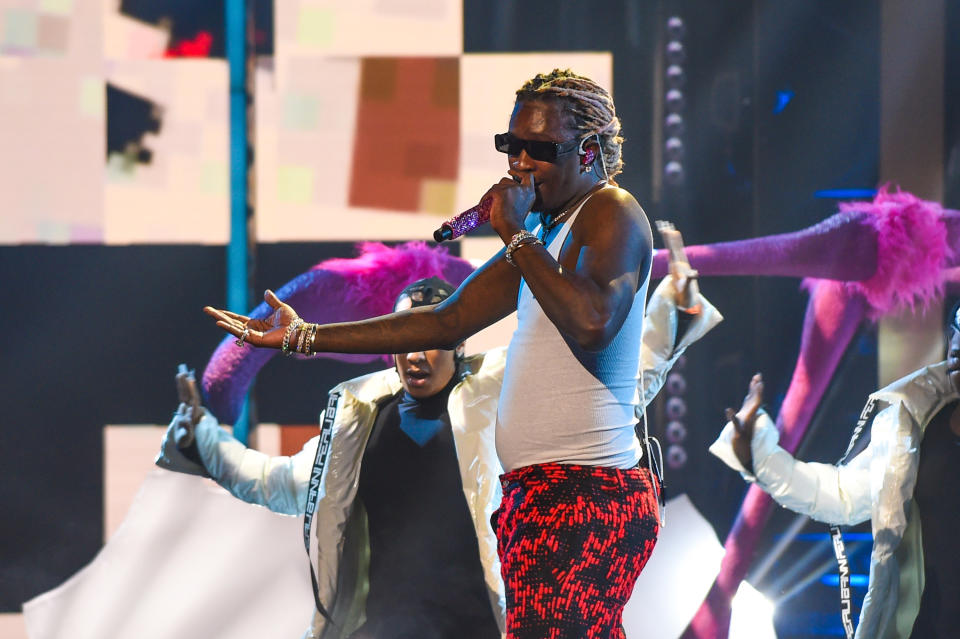
Is it true that Black music can also be detrimental to the mentality of our community? Yes. Music is powerful in both positive and negative ways. Sometimes listeners can blur the line between loving artists and viewing artists as saviors. When your favorite musicians discuss their habits of drugs, violence, etc. it can influence people to follow suit. In the listener's mind, it can be their escape from pain. However, we always want to encourage healthy means of healing.
Rappers like Lecrae, offer positive messages of faith and belief as a means of healing. Music from the likes of Drake, Travis Scott, and others can also be therapeutic to fans who simply want music to entertain and help them escape reality. So there is a lane for everyone.

Ultimately, as therapy and healing in the Black community continue to grow, we should see more artists reflect this in their content. Black musicians do hold immense power in their voice and are leaders of the culture. Listening to artists for escape, therapy or guidance is a real thing. However, healing within is the end goal. Healing is obtainable and you deserve it.
Make sure you head here for more of our Juneteenth coverage!
